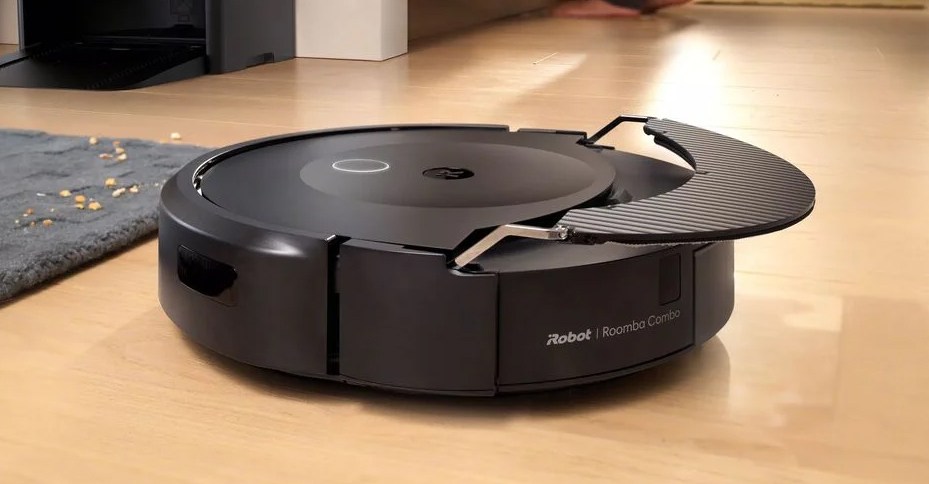Smart Home Revolution: Apple Home Supercharges Robot Vacuums with Cutting-Edge Integration

Cleaning Just Got Smarter: Siri Can Now Help You Tackle Kitchen Floors
Say goodbye to the days of manual floor cleaning and hello to the future of home maintenance. Apple's virtual assistant, Siri, has expanded its capabilities to help you keep your kitchen sparkling clean with just a simple voice command.
Imagine coming home after a long day and saying, "Hey Siri, clean the kitchen floor," and watching as your smart home device coordinates with compatible robotic vacuum cleaners to get the job done. This innovative feature transforms your kitchen cleaning routine from a tedious chore into a seamless, hands-free experience.
Compatible with select smart home devices and robotic vacuum models, this new functionality allows users to effortlessly maintain their kitchen's cleanliness. Whether you're juggling multiple tasks or simply want to relax, Siri can now take care of your floor cleaning needs with remarkable ease.
The integration represents another step in the evolution of smart home technology, making everyday tasks more convenient and efficient. No more interrupting your workflow or leisure time – just speak, and your kitchen floor gets cleaned.
Ready to simplify your cleaning routine? Check your device compatibility and start enjoying the convenience of voice-activated floor cleaning today!
